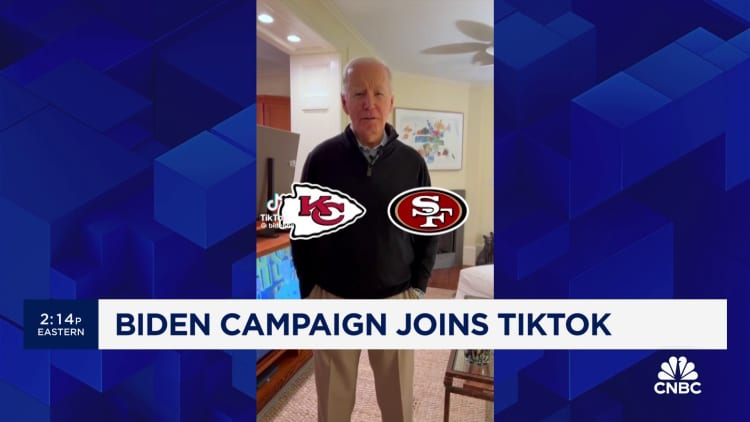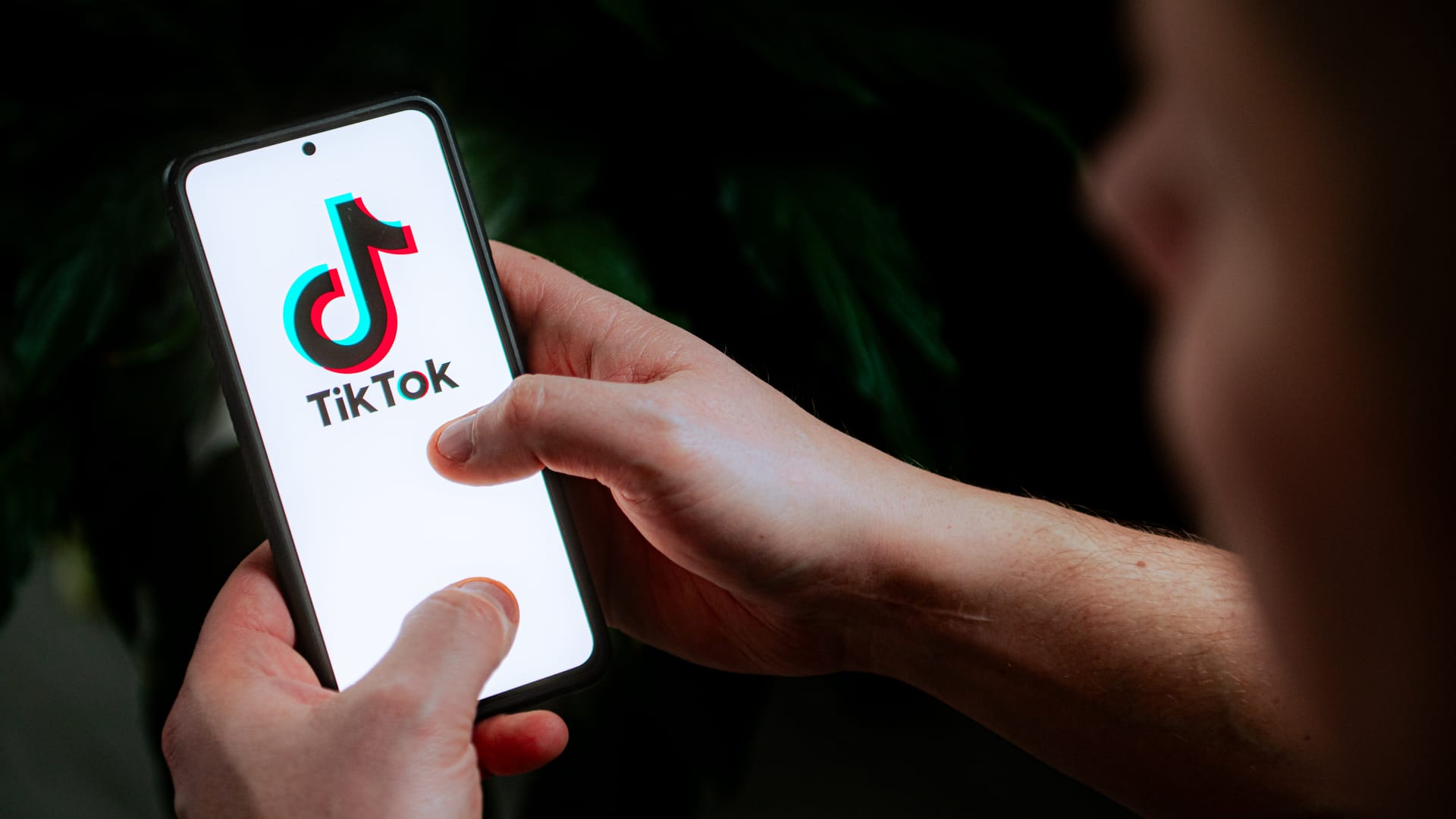
Indonesia’s presidential election is due 14 February and candidates are going all out to win over voters in this country of 274 million. With millennials and Gen Z voters making up 56.5% of the electorate campaigning is often done on social media. One platform in particular has emerged as key, TikTok.
Sopa Images | Lightrocket | Getty Images
Lawmakers introduced a bill in Congress on Tuesday that would require China’s ByteDance to divest TikTok in order to avoid a ban of the video app in the U.S.
Representatives Mike Gallagher, R-Wi., and Raja Krishnamoorthi, D-Ill., introduced the legislation, dubbed “Protecting Americans From Foreign Adversary Controlled Applications Act.” The bill says TikTok is controlled by a foreign adversary and poses a threat to U.S. national security.
“This is my message to TikTok: break up with the Chinese Communist Party or lose access to your American users,” said Gallagher, chairman of the House Select Committee on the Chinese Communist Party, in a press release announcing the bill. Krishnamoorthi is the committee’s ranking member.
Should the bill pass, ByteDance would have about five months to divest TikTok, while web-hosting companies and app stores such like those owned by Apple and Google would be forced to to stop supporting the app and others tied to ByteDance.
“This bill is an outright ban of TikTok, no matter how much the authors try to disguise it,” a TikTok spokesperson said in a statement. “This legislation will trample the First Amendment rights of 170 million Americans and deprive 5 million small businesses of a platform they rely on to grow and create jobs.”
The proposed legislation marks the latest action in a multi-year effort in Washington, D.C. to take on TikTok and its alleged connections to the Chinese Communist Party, which TikTok CEO Shou Zi Chew has denied in Senate hearings.
President Joe Biden signed legislation in 2022 intended to prevent TikTok from being accessed and used on government-owned devices, and other states have enacted similar government-related TikTok-app bans.
Before that, Donald Trump, Biden’s predecessor in the White House, claimed that TikTok represented a national security threat because it collects American users’ data, which could then be accessed by the Chinese government. In mid-2020, the committee on foreign investment in the United States (CFIUS) released a ruling that ByteDance needed to divest its U.S. assets within 90 days.
Earlier attempts to ban TikTok in the U.S. appear to have stalled, leaving some states like Montana to try and impose their own bans. In November, a Montana federal judge blocked the state’s law, saying that Montana failed to show how it would be “constitutionally permissible.” Montana is now appealing the judge’s ruling.
In February, Biden’s reelection campaign debuted an official TikTok account, which Gallagher criticized.
“That’s unacceptable,” Gallagher said in a media interview at the time. “I urge the president’s, you know, Gen Z TikTok adult campaign staffers to reverse course in the interest of national security.”
The Pew Research Center released a survey in December showing that support for a U.S. government ban on TikTok is declining. The survey showed that 38% of U.S. adults support a TikTok ban as of October compared to 50% in March.
WATCH: The Biden campaign joins TikTok, despite ban on app on government phones.












